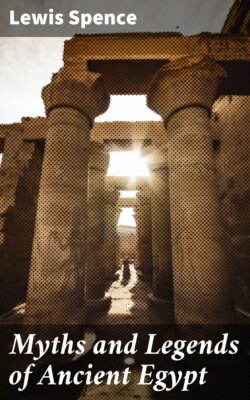Читать книгу Myths and Legends of Ancient Egypt - Lewis Spence - Страница 30
На сайте Литреса книга снята с продажи.
Commerce
ОглавлениеWe know but little concerning the commercial affairs of ancient Egypt. In all probability open-air markets were held. Currency was unknown until the era of the Persian invasion, and until then rings of gold, silver, and bronze were employed in exchange. Barter, however, prevailed universally. Corn was, of course, the staple produce of Egypt, and seems to have been exported to some extent to other countries, as were papyrus rolls and linen; but practically all silver and copper had to be imported, as had precious woods, the pelts of rare animals, ivory, spices and incense, and stone for the manufacture of rare vessels. Many of these supplies reached Egypt in the shape of tribute, but records are extant of expeditions sent out by the king for the purpose of obtaining foreign rarities. A great deal of Egyptian trade was in the hands of foreigners. The Phœnicians evidently opened up communication with Egypt as early as the Third Dynasty. In later times an extensive trade was carried on with Greece, and Psammetichus I (c. 570 B.C.) founded the town of Naucratis as the centre of Greek trade in Egypt.
